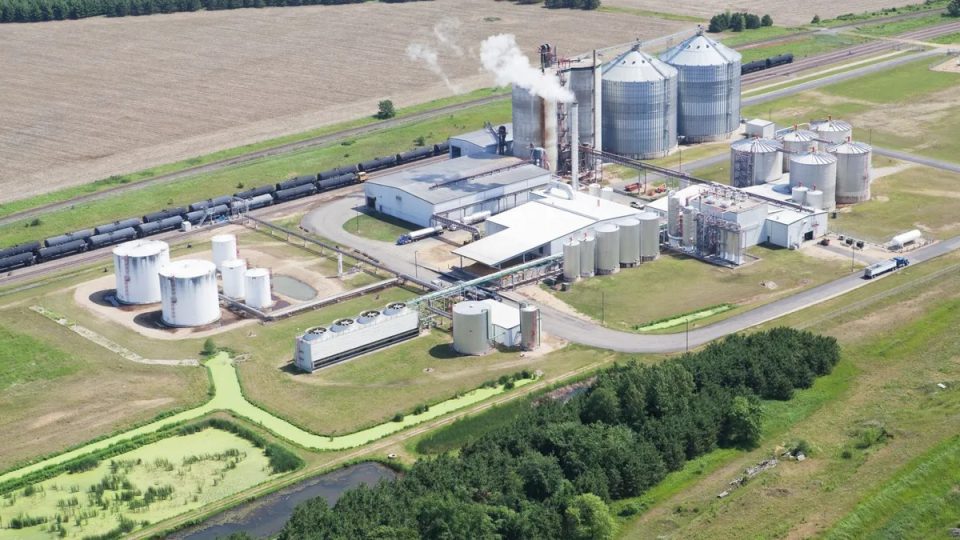China has marked a groundbreaking achievement in renewable energy with the initiation of test runs at the world’s largest coal-to-ethanol conversion plant, located in southeastern China. Developed by the Dalian Institute of Chemical Physics (DICP), the technology stands as the only one worldwide to reach the industrial level, signaling a significant stride in the global effort to transition away from fossil fuels.
The move comes as nations worldwide are intensifying efforts to phase out fossil fuels in a bid to curb global emissions. China, historically reliant on coal for industrial growth, is actively investing in renewable energy and aims to fulfill over 80 percent of its energy demand through non-fossil fuels by 2060.
While electric vehicle adoption is on the rise in China, anhydrous ethanol, blendable with petrol to enhance exhaust emissions, is gaining attention. For optimal results, the ethanol must be 99.5 percent pure and is traditionally produced using crops like corn, cassava, sugar beet, or sugar cane in countries like the US and Brazil.
China, with an annual ethanol demand of 10 million tonnes, produced 2.7 million tonnes through the fermentation of aged grain last year. However, a substantial shortfall necessitated imports. Ethanol, beyond its use as fuel, serves as a vital feedstock for various chemical processes, with the potential to transform into ethylene and other valuable products.
The DICP has introduced the DMTE (dimethyl ether-to-ethanol) process, capable of generating methanol from coke oven gas, a by-product of coke production using low-grade coal. This innovation provides China with a means to significantly reduce its reliance on grain-based ethanol production, ultimately addressing rising grain prices. The DMTE pathway has undergone over a decade of development, culminating in the establishment of a 100,000-tonne facility in northwestern Shaanxi province in 2017.
In June of the current year, China conducted test runs at a 500,000-tonne facility, using domestically produced equipment. The DICP team, pioneers of this technology, collaborated on a 600,000-tonne facility in Huaibei, Anhui province, with Shaanxi Yanchang Petroleum Group. The successful trial runs at this facility represent a crucial step toward large-scale ethanol production.
Importantly, the DICP’s approach is versatile, enabling the production of ethanol not only from coal but also from natural gas or gases released from steel plants. As China leads the way in industrializing this innovative coal-to-ethanol technology, the global energy landscape could witness a transformative shift, offering a sustainable alternative in the pursuit of cleaner energy sources.

